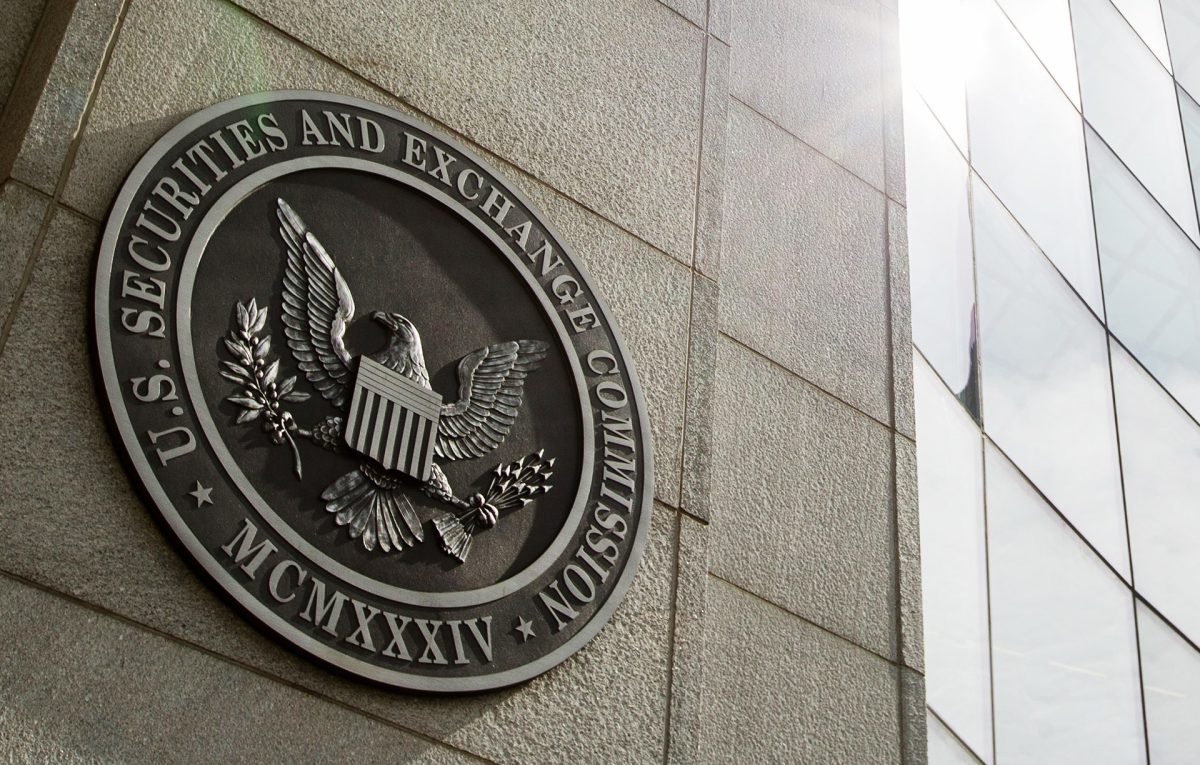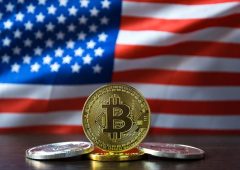Coinbase’s Legal Chief Backs Atkins’ SEC Nomination for Clearer Crypto Rules
28.03.2025 15:00 1 min. read Alexander Stefanov
Paul Atkins' nomination to head the U.S. Securities and Exchange Commission (SEC) has sparked a mix of support and opposition.
Coinbase’s Chief Legal Officer, Paul Grewal, is backing Atkins, emphasizing the need for clear, simplified regulations for digital assets. Grewal believes that under Atkins’ leadership, the regulatory environment will foster innovation and offer better protections for consumers.
Atkins, during his confirmation hearing, echoed these views, calling for a reduction in overly complicated regulations that stifle capital formation.
Alongside Jonathan Gould, the nominee for Comptroller of the Currency, Atkins also committed to addressing debanking practices.
However, Democratic opposition, particularly from Senator Elizabeth Warren, raised concerns about his financial ties and past dealings, including his role during the 2008 financial crisis. Despite this, Atkins is likely to gain confirmation from the GOP-controlled Senate.
Atkins’ financial interests, especially his stake in Patomak Global Partners, have raised questions about conflicts of interest. He has pledged to divest from his holdings within three months of confirmation.
If confirmed, Atkins is expected to advocate for a regulatory shift, prioritizing capital formation and easing burdens on the digital asset sector, in contrast to the more stringent policies under SEC Chairman Gary Gensler. This approach could encourage growth and investment in the crypto industry.
-
1
History Shows War Panic Selling Hurts Crypto Traders
28.06.2025 18:30 3 min. read -
2
Ripple Faces Legal Setback as Court Rejects Bid to Ease Penalties
26.06.2025 16:54 1 min. read -
3
Coinbase Surges 43% in June, Tops S&P 500 After Regulatory Wins and Partnerships
29.06.2025 21:00 2 min. read -
4
Ripple Has Applied for a National Banking License
03.07.2025 7:00 2 min. read -
5
What Will Happen With the Stock Market if Trump Reshapes the Fed?
29.06.2025 13:00 2 min. read
Bank of America CEO Confirms Stablecoin Plans Are in Motion
Bank of America is actively developing a stablecoin offering, CEO Brian Moynihan revealed during a post-earnings conference call on Wednesday.
PayPal Expands PYUSD to Arbitrum in Latest Blockchain Push
PayPal has expanded its stablecoin, PayPal USD (PYUSD), to the Arbitrum network, marking a key step in its strategy to integrate with faster, more cost-efficient blockchain infrastructure.
Citigroup Explores Launching Stablecoin as Banks Embrace Crypto Shift
Citigroup is evaluating the potential launch of its own U.S. dollar-backed stablecoin, signaling a growing shift in sentiment among traditional financial institutions toward digital assets.
JPMorgan CEO Jamie Dimon Comments Stablecoins
JPMorgan Chase CEO Jamie Dimon remains skeptical of stablecoins—but says ignoring them isn’t an option for the world’s most powerful bank.
-
1
History Shows War Panic Selling Hurts Crypto Traders
28.06.2025 18:30 3 min. read -
2
Ripple Faces Legal Setback as Court Rejects Bid to Ease Penalties
26.06.2025 16:54 1 min. read -
3
Coinbase Surges 43% in June, Tops S&P 500 After Regulatory Wins and Partnerships
29.06.2025 21:00 2 min. read -
4
Ripple Has Applied for a National Banking License
03.07.2025 7:00 2 min. read -
5
What Will Happen With the Stock Market if Trump Reshapes the Fed?
29.06.2025 13:00 2 min. read


